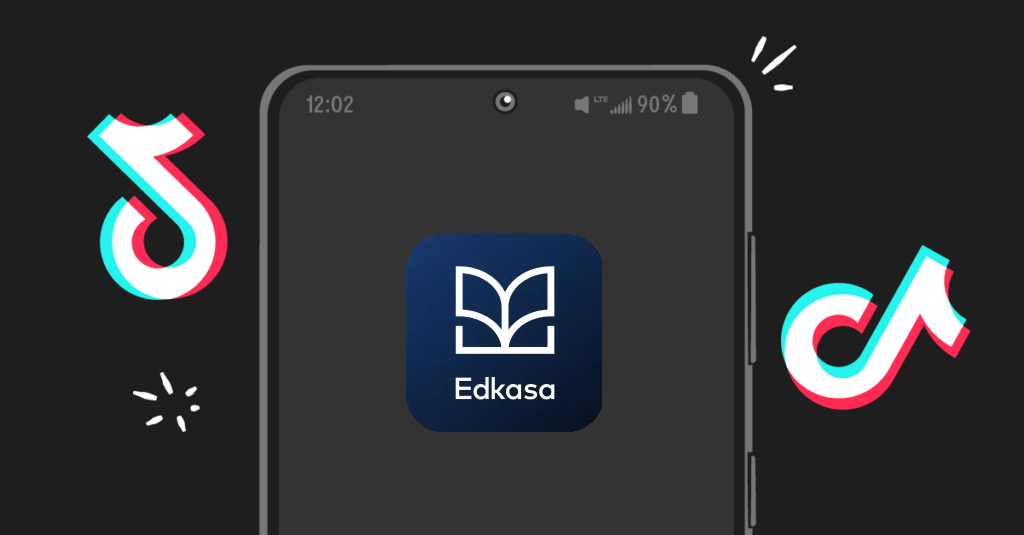In an effort to expand access to quality education, TikTok and education-tech firm Edkasa have unveiled a scholarship initiative that will award online study grants to 18,000 deserving Pakistani students.
In September, TikTok teamed with Edkasa and the Lahore University of Management Studies (LUMS) for a first-of-its-kind, one-year collaboration and established a digital learning initiative to facilitate online education and distance-learning for high school students.
Over 500 educational videos covering chemistry, biology, physics, and mathematics, as well as study suggestions, are available online as part of the #ExamReady campaign, which aims to aid millions of students in Pakistan. Since its introduction, the instructional videos on TikTok have garnered over 665 million views and close to 100 million video creations from Pakistani students.
Teaming up with one of Pakistan’s most prestigious educational institutions, LUMS, the duo will further solidify their connection by providing students with two months of free Edkasa study material and an exam kit for whatever grade/board/exam they choose.
Farah Tukan, head of government relations and public policy for Middle East, Turkey, Africa, Pakistan, and South Asia (METAPSA) at TikTok, stated: “TikTok is a platform that delivers various material across multiple categories, and education is a crucial vertical for us. We are pleased to contribute to the widespread promotion of literacy in Pakistan, which will have a great effect on the next generation.”
The co-founder and chief executive officer of Edkasa, Fahad Tanveer, stated, “We are happy to observe the enormous interest and student uptake in the TikTok learning content. This type of unique and high-quality content helps Pakistan’s young demographics compete with the rest of the world.
The scholarships will be awarded based on the criteria and parameters established jointly by Edkasa and LUMS, in accordance with the online campaign driver, TikTok.
The scholarships are offered to students from all around Pakistan and are intended for students from impoverished communities. The objective is to reach students who lack access to a decent education.





